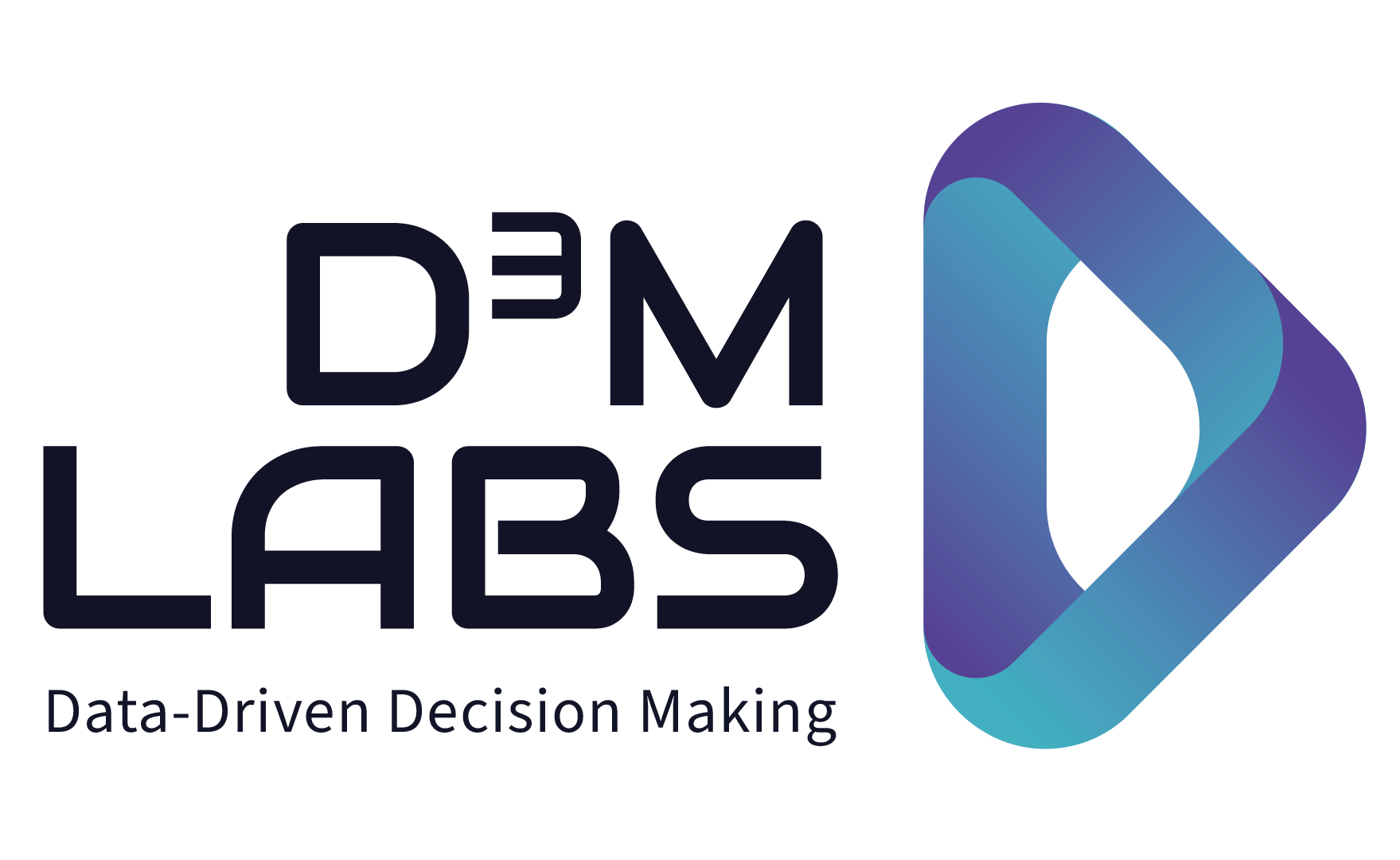I recently left the military after a rollercoaster of a 22 year ride (that I loved every minute of by the way). After the initial 6 months of being shouted at for little/no apparent reason, I started as the lowest of the military low, running internal mail around because the British Army was slow on the uptake of email, and ended with advising the Defence Industry on the implementation of AI and the complex systems integration that will one day be used in the future of warfare.
I don’t pretend to be the font of all knowledge on Big Data, but I have seen enough of how the industry works to humbly posit some brief ideas about how the sector could learn from the military, if you would care to read on.
2 Golden Rules of Military People Management
One of the best Intelligencers and mentors I ever had the privilege to serve under was an ex Grenadier Guard who taught me pretty much everything I know about leadership. He imparted many things to me, but perhaps his biggest pearls of wisdom were:
“A soldier’s career is determined by the first room they walk into”
and
“Never, ever turn down a brew from your subordinates if you can avoid it”
These two lessons were imprinted on me during my first chat with him, which lasted what seemed like the majority of a morning. I distinctly remember at the time being awestruck by the fact that somebody nearly twice my age, with experience in every theatre of Operations from Northern Ireland, to Iraq to the Balkans and Sierra Leone would take the time to sit down with somebody so junior as me. He explained that the first time you meet a soldier you will command, stop everything else you are doing and have a coffee to find out as much as you can about them, and simultaneously set out your standards from the word go – it will pay dividends one day.
He then went on to warn me never to turn down an offer of a coffee from subordinates as it signals to them that you do not have time to listen to their concerns, opinions and ideas – again something that will always yield positives down the line.
How these rules could work in Tech
I have not been out of the Army long, but I am beginning to get a sense of the corporate environment, particularly in tech, where it seems very much to me that we have jettisoned a piece of our humanity and replaced it with a dogmatic allegiance to scrumagility. Employees tend to be lumped into a single, convenient box on a powerpoint schematic or spreadsheet, decorated with some superfluous figures and the occasional vignette that power decisions on change.
Tech in Berlin
The truth, particularly in Berlin, which has a thriving Startup scene, is that individuals are all very different.
Teams of people who speak English from around the world are compacted into spam tin like units and understanding of the dynamics therein tend to take a back seat from then on. However, every person in every team has their own story, their own fears, prejudices, strengths, hopes and most importantly worries.
The reality is that some will likely be from India, where the incredible pressure put on young graduates is gruesomely evidenced in the appalling high suicide rate of that particular demographic, some will be from countries such as Syria, where they had to endure poverty and/or repression we in the West could hope to feign understanding of…..and pretty much all of them will be subject to the callously precarious housing situation in Berlin where a secured tenancy (inside the ring with anmeldung) is as rare as rocking horse droppings. The list could go on forever, but you get my point.
The Role Coffee can play in Change Management
Probably the most important thing I learned in my MBA and through my military service is that as human beings we are hard-wired to create psychological bonds with everything around us that is familiar.
Familiar can be identity, home, social circles or the novelty electric pencil sharpener on our desks from three Christmases ago.
Every time we change something in the work lives of others we risk breaking those bonds and not replacing them with something better, sturdier and more dependable with which to steady themselves. This is what precipitates and often exponentially multiplies the frustration and depression cycles of the change management curve, yet they can be minute in comparison to the established bonds people rely on to get through the day in their home, love and social lives.
Understanding the framework of bonds we create as people to make sense of our environments and bring order to the chaos is integral to change management at every level.
Unfortunately, the key to unlocking this treasure trove of information is not held in HR, performance records or scrum meetings. But it can sometimes be found lingering at the bottom of a humble coffee cup if you have time to stop, drink and most importantly listen.
This article was not sponsored by any beverage companies.
Who is Neil Herzog-Gilroy?

Neil Herzog-Gilroy is a former British Army Military Intelligence Operator. In this article he draws on 20 plus years of experience of working with various Intelligence and Law Enforcement Agencies around the world to bring us some food for thought on how to manage change in fast paced environments where people are the most important resource.

